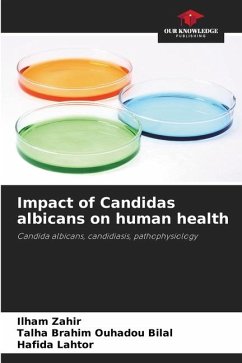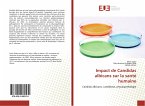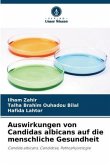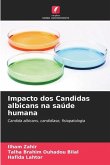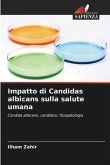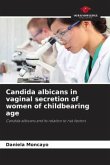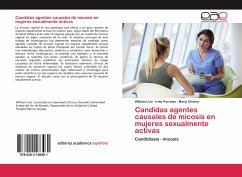Candida albicans is a polymorphic yeast commensal of the oral cavity as well as the digestive and genital tract. However, under certain conditions, it becomes opportunistic, leading to infections called candidiasis, which can be severe or even fatal, particularly in immunocompromised patients. Epidemiological data show that 82% of the world population is affected by C. albicans. Indeed, this fungus expresses several pathogenicity factors. Therefore, focusing on the pathophysiology of C. albicans, eventually allows to understand the host-parasite relationship as well as the mechanisms and causes involved in the transition of yeast from commensal to pathogenic state. The goal is to further understand the factors that contribute to virulence in order to avoid infection or limit recurrence. This work also presents the clinical aspect of candidiasis, their diagnostic methods as well as the treatments used and the mechanisms of resistance subsequent to the use of antifungal agents to finish with a set of preventive measures to be followed in order to limit the infection by C. albicans.
Bitte wählen Sie Ihr Anliegen aus.
Rechnungen
Retourenschein anfordern
Bestellstatus
Storno

